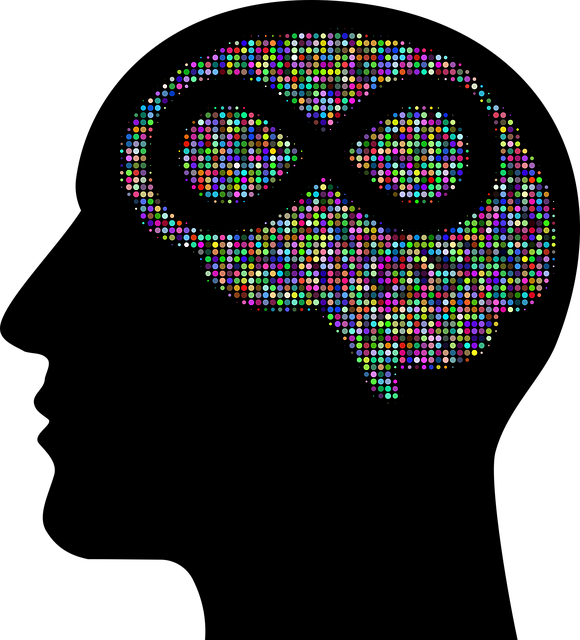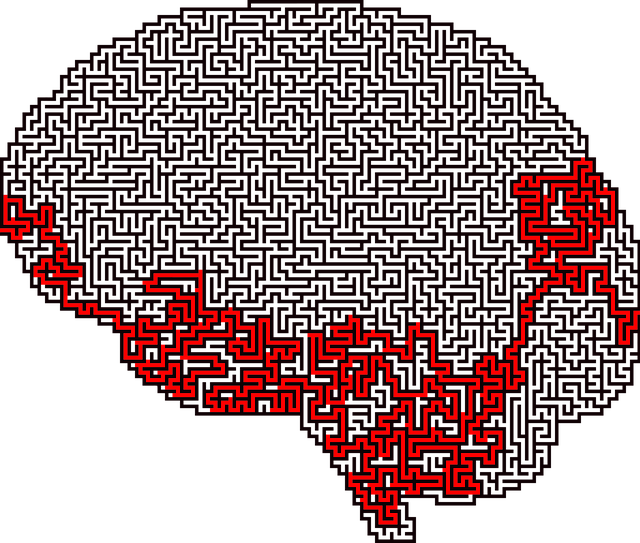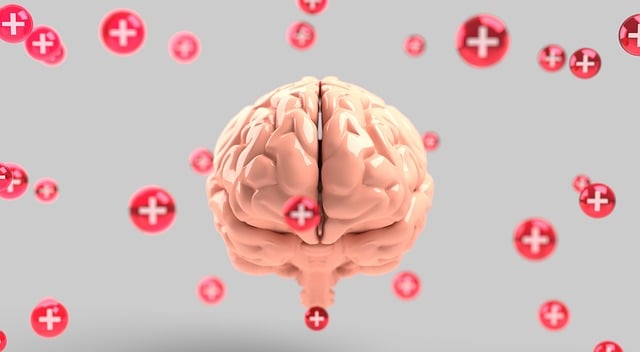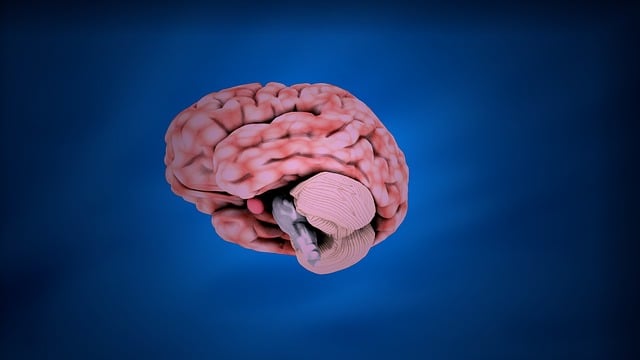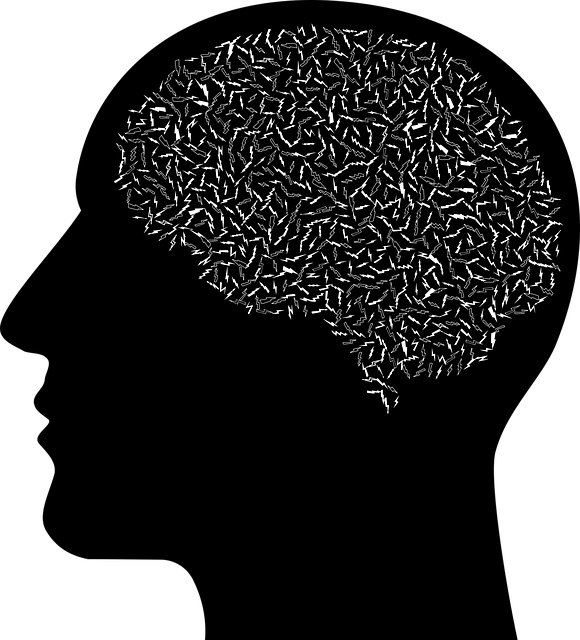Misdiagnosis in mental health care is a global challenge, with up to 30% of patients initially misled. Northglenn Sexual Addiction Therapy faces this issue due to limited access to specialized services, exacerbated by symptom overlap and cultural influences on mental health expression. Enhanced diagnosis accuracy is crucial for effective treatment planning and patient recovery. This can be achieved through public awareness campaigns, stress management workshops, Mental Wellness Journaling Exercise Guidance, Empathy Building Strategies, and Compassion Cultivation Practices, all of which improve therapeutic connections and insights into patients' experiences.
Mental illness diagnosis accuracy is a critical aspect of patient care, yet misdiagnosis remains prevalent. This can significantly hinder recovery and lead to ineffective treatment plans. In this article, we explore the challenges of mental health misdiagnosis, including its impact on patients and contributing factors. We then delve into innovative approaches to enhance diagnosis accuracy, such as advanced assessment tools, technology integration, and evidence-based protocols. A case study of Northglenn Sexual Addiction Therapy (NSAT) highlights a unique and successful method for improving diagnostic practices, demonstrating the potential for enhanced patient outcomes.
- Understanding the Challenges: Misdiagnosis in Mental Health
- – Prevalence of misdiagnosis in mental illness
- – Impact on patient care and recovery
Understanding the Challenges: Misdiagnosis in Mental Health

Misdiagnosis is a significant challenge in mental health care, often exacerbating existing symptoms and hindering effective treatment. The human mind is complex, and mental illnesses can present with varying symptoms, making accurate diagnosis difficult. Northglenn Sexual Addiction Therapy, for instance, requires a nuanced understanding of underlying issues due to the sensitive nature of sexual addiction. Many individuals struggling with this issue may initially be misdiagnosed as having depression, anxiety, or other related disorders.
This problem is further compounded by the fact that mental health symptoms can overlap, making it easy for healthcare professionals to mistake one condition for another. Public Awareness Campaigns Development and Stress Management Workshops Organization play a crucial role in educating both the public and healthcare providers about these challenges. Mental Wellness Journaling Exercise Guidance can also be beneficial in helping individuals communicate their experiences more effectively, potentially leading to more accurate diagnoses.
– Prevalence of misdiagnosis in mental illness

Mental illness misdiagnosis is a significant concern within the healthcare system, affecting millions worldwide. Studies indicate that up to 30% of patients initially presented with a mental health disorder receive an incorrect diagnosis, leading to delayed or inappropriate treatment. This issue is particularly prominent in Northglenn, where access to specialized Sexual Addiction Therapy services highlights the need for improved diagnostic accuracy.
The challenges surrounding misdiagnosis are multifaceted. Factors such as symptom overlap between disorders, individual variation in presentation, and cultural influences on mental health expression contribute to this problem. For instance, cultural sensitivity in mental healthcare practice is crucial, as certain symptoms may be interpreted differently across diverse populations. Additionally, mood management techniques and social skills training could aid in reducing misdiagnosis by providing tools for more precise assessment and personalized treatment planning.
– Impact on patient care and recovery

The accuracy of mental illness diagnoses is paramount for patient care and recovery. Inaccurate or delayed diagnoses can lead to ineffective treatment plans, exacerbating symptoms and impacting overall mental wellness. This is particularly evident in cases like Northglenn Sexual Addiction Therapy, where specialized care requires precise understanding of underlying issues. When healthcare professionals employ evidence-based methods, such as Mental Wellness Journaling Exercise Guidance, they can enhance diagnosis accuracy. By encouraging patients to document their thoughts and feelings, therapists gain valuable insights into their clients’ experiences, enabling them to tailor treatments effectively.
Empathy Building Strategies and Compassion Cultivation Practices further contribute to accurate diagnoses by fostering deeper connections between therapist and patient. Creating a safe, non-judgmental space where patients feel understood encourages honest self-reflection. This openness is crucial for identifying complex issues that may be obscured by social barriers or personal fears. Ultimately, these practices not only improve diagnosis accuracy but also enhance the therapeutic process, nurturing a supportive environment essential for successful recovery.
Mental health diagnosis accuracy is paramount for effective treatment and recovery. By understanding the challenges, such as misdiagnosis rates and their adverse effects, we can foster improvements in Northglenn Sexual Addiction Therapy and beyond. Advancements in research, enhanced training for professionals, and promoting open dialogues about mental illness are key steps towards ensuring accurate diagnoses. These efforts not only honor the complexity of mental health but also empower individuals to receive the appropriate care they deserve.
